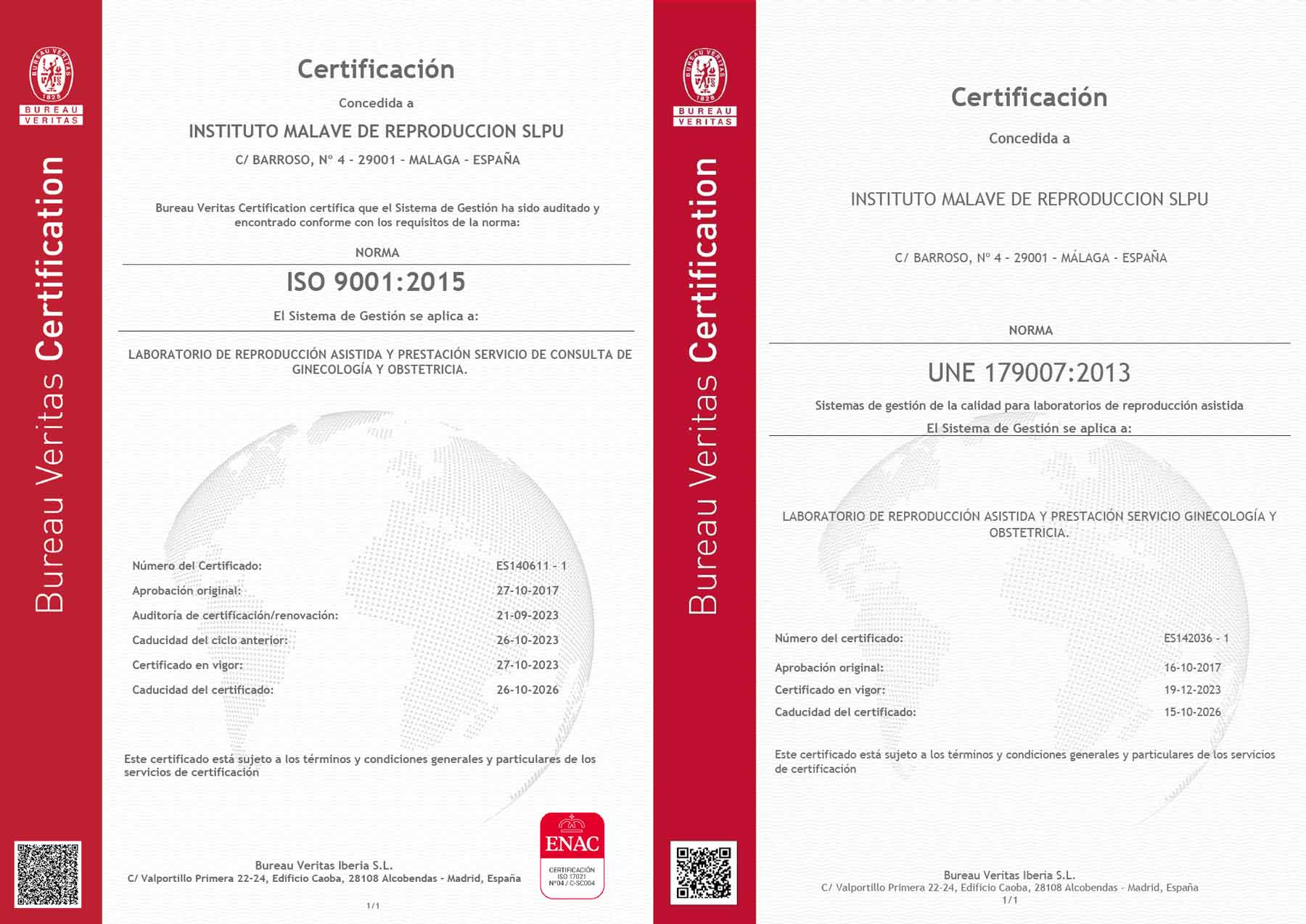He was born in Malaga and thanks to the medical professionals and embryologists of the Malavé Reproduction Institute with the collaboration of the Embryo Medicine Centre.
The BRCA1 gene predisposes to hereditary breast cancer.
To do so, the parents had to undergo in vitro fertilisation treatment with pre-implantation genetic diagnosis. This process consists of selecting embryos that do not carry the mutation of the gene responsible for the cancer and transferring them to the mother in order to have children free of the disease.
Although this technique is already used in some monogenic diseases, i.e. caused by a single gene, in the case of hereditary cancer it is the National Commission for Assisted Human Reproduction of the Ministry of Health that must authorise cases on a case-by-case basis.
This committee assessed the patient's family history to confirm that the mutation could cause the disease to appear in offspring. In the case of this type of hereditary breast cancer, there is a 60% chance of developing the disease early.
So we can affirm that, thanks to the most advanced techniques and the medical and human team that has developed them, a new generation has arrived in the family without the risk of suffering from the disease and without the risk of transmission to future generations.
Welcome!


